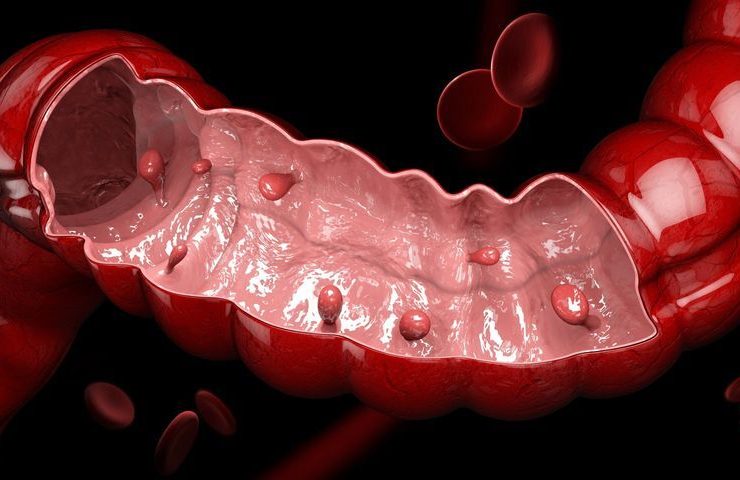What are the Symptoms of Crohn’s Disease?
Signs and symptoms that a patient may be suffering from Crohn’s disease include:
- Chronic bloody stools
- Watery diarrhea
- Abdominal pain
- Vomiting and nausea
- Low iron levels
- Loss of weight and appetite
- Change in bowel habits
- Joint pain
- Changes in vision
- Changes in skin
- Fatigue
- Fever
Healthy Steps to Control Crohn’s Disease Side Effects
Factors like diet, stress, and smoking directly influence the severity of Crohn’s disease. If you smoke, you should strongly consider quitting. In addition to the obvious health benefits, it can also prevent the worsening of your Crohn’s symptoms. Regular exercise will not only improve your overall digestive health, it is also a great stress reliever. Staying hydrated is also an excellent way to mitigate digestive problems.



